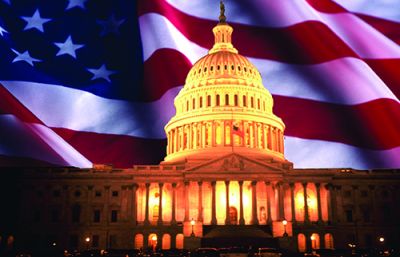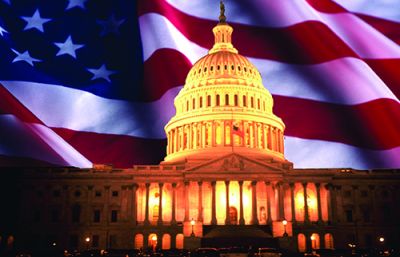NNA calls on Congress to allow deduction of payroll and other expenses from income
Jul 1, 2020

FALLS CHURCH, Virginia — Congress should fix a flaw in the Paycheck Protection Program to allow businesses to continue to deduct payroll and other expenses from income before July estimated income tax payments fall due, the National Newspaper Association said in June.
The PPP loans have sustained jobs at community newspapers in May and June, but Treasury Secretary Steven Mnuchin put a chill into the PPP environment earlier this year when he said businesses that took the loans would not be able to deduct their payroll and other PPP-covered expenses.
The CARES Act that authorized the PPP loans in May explicitly said that the loan proceeds would not be treated as income. It also delayed businesses’ estimated tax payments from April and June into July. But then Treasury said it considered deductions for the covered expenses — payroll, rent, mortgage interest and utilities — impermissible under the IRS “double-dipping” tax code rules, which protect against taxpayers’ taking two benefits from the same dollars. The impact of the Mnuchin policy would eliminate the non-tax status of the loan proceeds.
Sens. John Cornyn, R-Texas, and Ron Wyden, D-Oregon, joined Sen. Charles Grassley, R-Iowa, and others in an immediate protest against Mnuchin’s position. A bill with 23 co-sponsors, the Small Business Expense Protection Act, S 3612, was introduced to require Treasury to continue to recognize the deductions.
“The Paycheck Protection Program has been a lifeline to small businesses in Texas during the coronavirus pandemic,” said Sen. Cornyn. “This legislation would erase any confusion by clarifying that expenses paid with a forgiven PPP loan can still be deducted from small businesses’ taxes.” Cornyn said.
Senate Majority Leader Mitch McConnell, R-Kentucky, attempted to get a vote on the bill in early June. But anonymous holds put on the bill by some senators prevented the vote. Now, efforts are being made to include it in the Senate’s next coronavirus stimulus bill, expected to be up for debate in July.
Concerns from senators objecting to the bill seem to center on Congressional ire about profitable businesses, particularly those owned by hedge funds, that received the loans and possibly did not need them. Treasury has declined to release detailed lists of recipients, so it is unclear how many of those larger loans made it into the program.
The National Newspaper Association has taken the position that the loan list should be an open record. Through June, it has hosted conversations between publishers and key Senate offices about the impact of PPP and the importance of securing the deductibility of major categories of expenses for PPP borrowers before the July tax payments hit.
Separately, the Consumer Bankers Association and Bank Policy Institute has called for automatic forgiveness of PPP loans under $150,000. It notes that while 85 percent of the loans were under that figure, 74 percent of the actual loan dollars went to businesses with loans over $150,000. CBA and BPI would like to avoid the costly paperwork associated with forgiveness of the smaller loans.
Tonda Rush is the director of public policy and serves as general counsel to the National Newspaper Association. Email her at tonda@nna.org.








